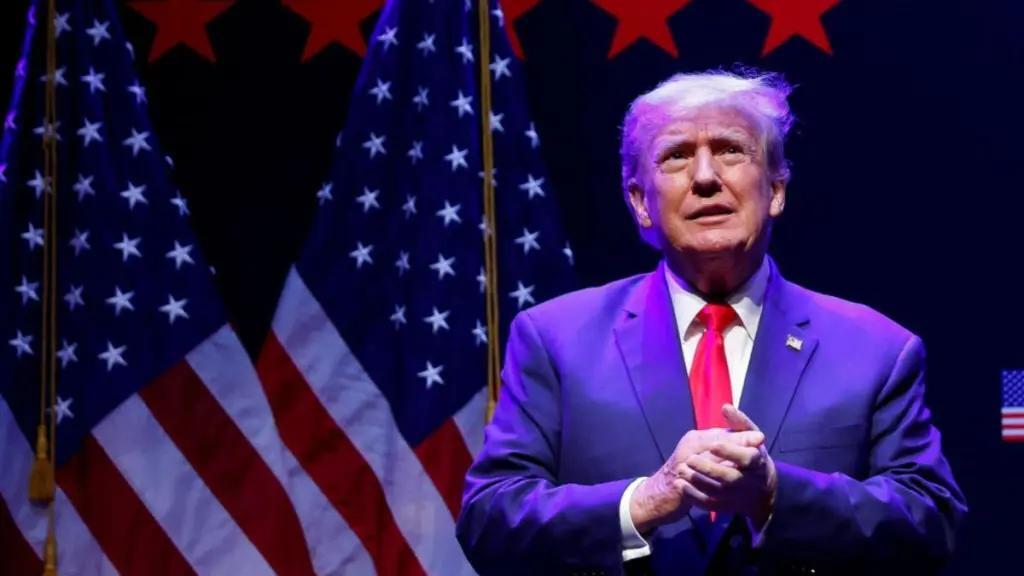
Donald Trump Exempts Smartphones & Computers from Reciprocal Tariffs
In a move that has sparked relief among tech giants, United States President Donald Trump has excluded smartphones, computers, and other electronic items from the reciprocal tariffs, including the 125% tariffs he imposed on Chinese goods, according to a Customs and Border Patrol notice. This decision comes amid concerns by tech giants, including Apple, that gadget prices may rise due to Trump’s tariffs, as many of them are manufactured in China.
The tariffs, which were announced last month, were intended to punish China for what the Trump administration claims are unfair trade practices. However, the move has been widely criticized by tech companies, who argue that the tariffs will ultimately harm American consumers and the economy.
In a statement, Apple CEO Tim Cook expressed concerns about the potential impact of the tariffs on the tech industry. “We believe that tariffs are a tax on American consumers, and we will continue to advocate for a more balanced approach to trade,” Cook said.
The exemption for smartphones, computers, and other electronic items is a significant development, as these goods are some of the most popular and widely used items in the world. The move is seen as a major win for the tech industry, which has been vocal in its opposition to the tariffs.
The decision to exempt these items from the tariffs is likely a result of pressure from tech companies and lawmakers. In recent weeks, there have been growing concerns about the potential impact of the tariffs on the economy, and lawmakers from both parties have called on Trump to reconsider the move.
The exemption is not limited to just smartphones and computers. The Customs and Border Patrol notice also excludes other electronic items, such as laptops, tablets, and televisions. However, it’s worth noting that the exemption does not apply to all electronic items, and some goods may still be subject to tariffs.
The decision to exempt these items from the tariffs is a welcome development for American consumers, who have already seen prices rise due to the tariffs. The tariffs have been widely criticized as a “tax on American consumers,” and the exemption is likely to provide some relief to those who have been affected by the move.
The exemption is also a significant development for the global economy, as it suggests that the Trump administration is willing to listen to concerns from other countries and industries. The move is seen as a step in the right direction, and it could help to ease tensions between the United States and China.
However, the exemption is not without its limitations. The tariffs are still in place for many other Chinese goods, and the exemption only applies to electronic items that are imported from China. This means that other industries, such as textiles and clothing, may still be affected by the tariffs.
In conclusion, the decision to exempt smartphones, computers, and other electronic items from the reciprocal tariffs is a significant development for the tech industry and American consumers. The move is a welcome relief, and it suggests that the Trump administration is willing to listen to concerns from other countries and industries. However, the exemption is not without its limitations, and the tariffs are still in place for many other Chinese goods.



